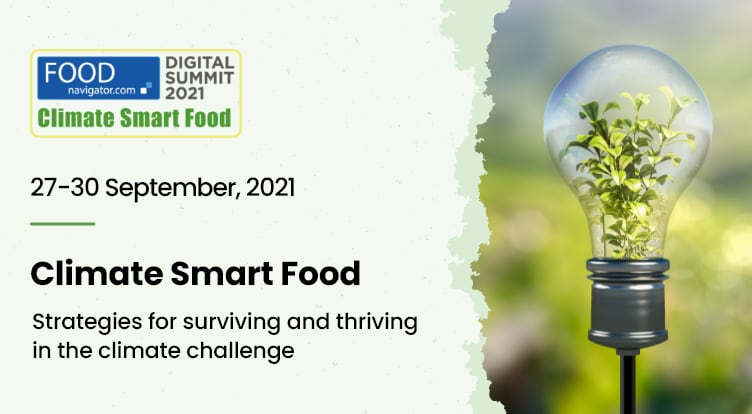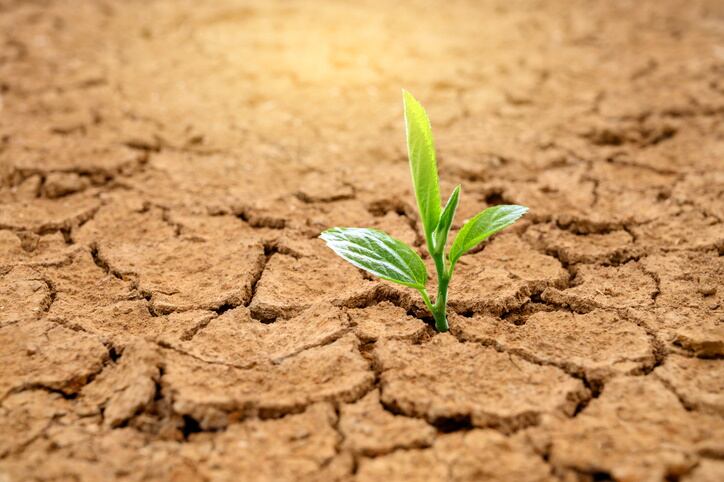The company said this ambition would make it among the most water-efficient food and beverage manufacturers operating in high-risk watersheds.
PepsiCo will reduce the amount of water used in its operations through ‘operational best-in-class’ or ‘world-class’ water use efficiency standards. The company has said all company owned, bottler and franchisee sites in high-risk watersheds should deliver best-in-class water use of 1.2 litres of water per litre of beverage or 0.4 litres per kilogram of food. For all others, PepsiCo has set a new goal to achieve ‘world-class’ water use efficiency, amounting to 1.4 litres of water per litre of beverage or 4.4 litres of water per kilogram of food. These standards were set based on internal peer analysis, the company revealed.
The strategy will cover more than 1,000 PepsiCo-owned and third-party facilities, nearly half of which are located in high-risk watersheds.
Raising the efficiency standard at company-owned sites in high-risk watersheds alone will allow PepsiCo to avoid using more than 11 billion litres of water a year, a 50% reduction in the amount of water the company uses at these sites.
PepsiCo also aims to adopt the Alliance for Water Stewardship Standard in all high-water risk areas where it operates by 2025.
Bringing safe water to Sub-Saharan Africa
PepsiCo's net water positive vision also looks to deliver safe water access to 100 million people by 2030.
Alongside its water efficiency drive, The PepsiCo Foundation unveiled a new US$1m program with WaterAid to bring safe water to families in Sub-Saharan Africa. The initiative will help improve water infrastructure, build new water supply systems and equitable sanitation facilities, and promote hygiene education, the company said.
It will also empower women and girls to become water, sanitation and hygiene stewards in their communities by providing them with the funding and training to maintain water access points and sanitation facilities for years to come.
This effort builds on PepsiCo’s 15-year water access initiative, in which the company has spent more than $53 million to reach more than 59 million people in over 20 water-insecure countries.
"Time is running out for the world to act on water. Water is not only a critical component of our food system, it is a fundamental human right – and the lack of safe, clean water around the world is one of the most pressing issues facing our global community today," said Jim Andrew, Chief Sustainability Officer at PepsiCo.
"Water scarcity is directly linked to the climate crisis, and at PepsiCo we believe a global effort to be 'net water positive' is essential. We're focused not only on making sure people around the world have access to this vital resource, but ensuring that we are also prioritizing water stewardship in our operations everywhere."
Access to water helps stop COVID spread
This new program comes as the COVID-19 Delta variant spreads worldwide, posing a particular risk to water-stressed communities.
Many nations, like those in Sub-Saharan Africa, lack the water infrastructure or supply to prevent and treat illnesses. According to one study, nearly 70% of homes in the region don't have places for families to wash their hands with soap and water.
Given the importance of handwashing and sanitizing to combat the pandemic, this leaves communities highly susceptible to spikes in COVID-19, PepsiCo noted. This issue is compounded given the slow pace of vaccine distribution in the region.
"We learned quickly at the onset of the pandemic that handwashing and proper hygiene were critical to slowing its spread, but for millions around the world, access to water remains a luxury. As a result, millions of lives remain in jeopardy and until we address this crisis the region will remain especially susceptible to viruses like COVID-19," said C.D. Glin, Vice President, Global Head of Philanthropy at PepsiCo.
"Not only does this disparity in water access contribute to the severity of the pandemic, but it also affects many other developmental goals of the region, including food production, gender equality, climate resilience and poverty alleviation. We're proud of our continued partnership with WaterAid to bring this program to the region and are excited to be investing in the water-scarce areas that need this resource most."
The investment in Sub-Saharan Africa is an expansion of The PepsiCo Foundation's long-term work with WaterAid. This partnership is a cornerstone of The PepsiCo Foundation's safe water access program, which has generated more than $10 in impact for every $1 invested since 2005 and catalysed nearly $700 million in additional funding for safe water access investments in partnerships with non-profits worldwide.
"The PepsiCo Foundation is a stalwart partner of WaterAid across three continents," commented Kelly Parsons, CEO, WaterAid America.
"They are funding critical programs, providing flexibility to respond to the pandemic, and shouting loudly and clearly about the importance of safe water access for the billions who lack it. We are proud to partner with The PepsiCo Foundation and are committed to doing all we can to support their goal of reaching 100 million people by 2030. Their aspiration helps us reach further and work harder on behalf of those in need."
As the world heats, water is an increasingly hot topic.
Water stewardship is just one of the challenges we'll be probing at our upcoming broadcast event, Climate Smart Food. We'll be discussing a variety of issues, from sustainable sourcing, to sustainable consumption and food and ag tech that will support systems transformation.
PepsiCo's VP Global Sustainable Agriculture & Responsible Sourcing, Christine Daugherty, will be joining our line-up of more than 50 speakers representing industry, civil society and academia.
With the food system contributing around one-quarter of greenhouse gas emissions today, it is clear that business-as-usual is not an option. So what needs to change if we are to transition towards truly sustainable nutrition? Join us to find out.
To register for free, click HERE, or to view details of our full programme, click HERE.


